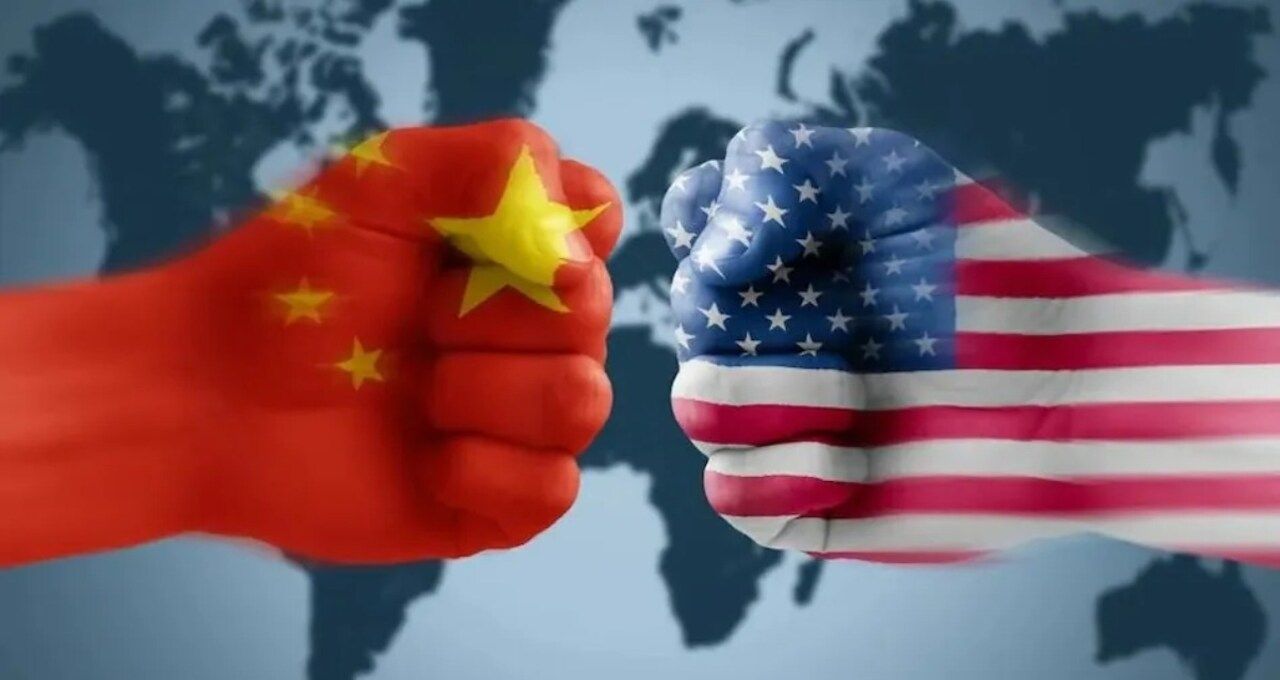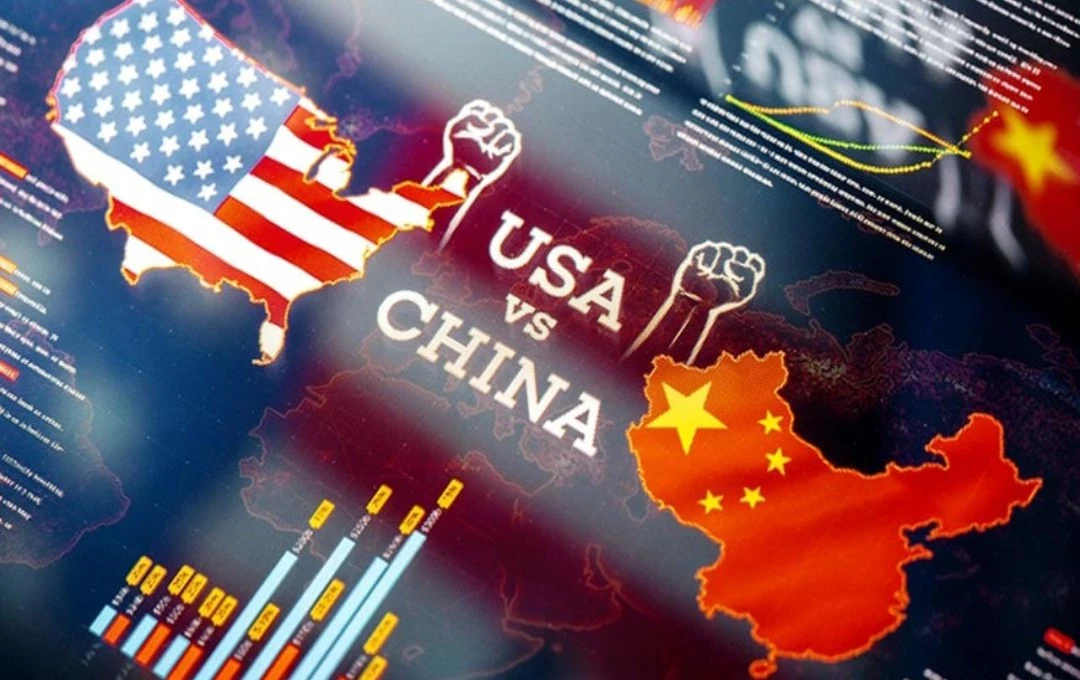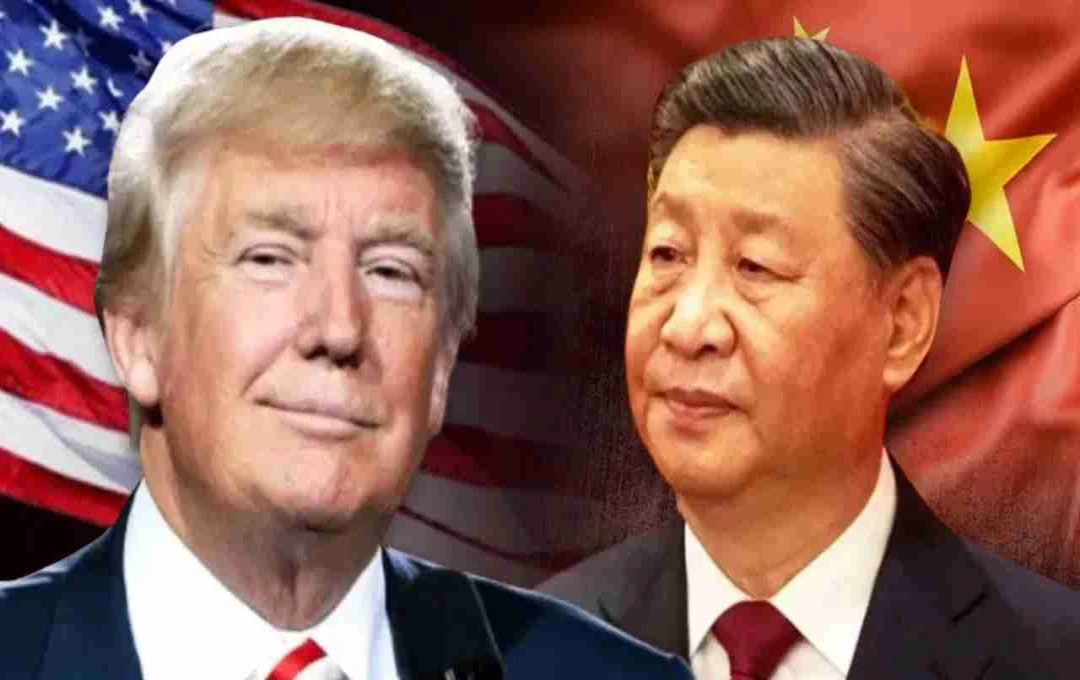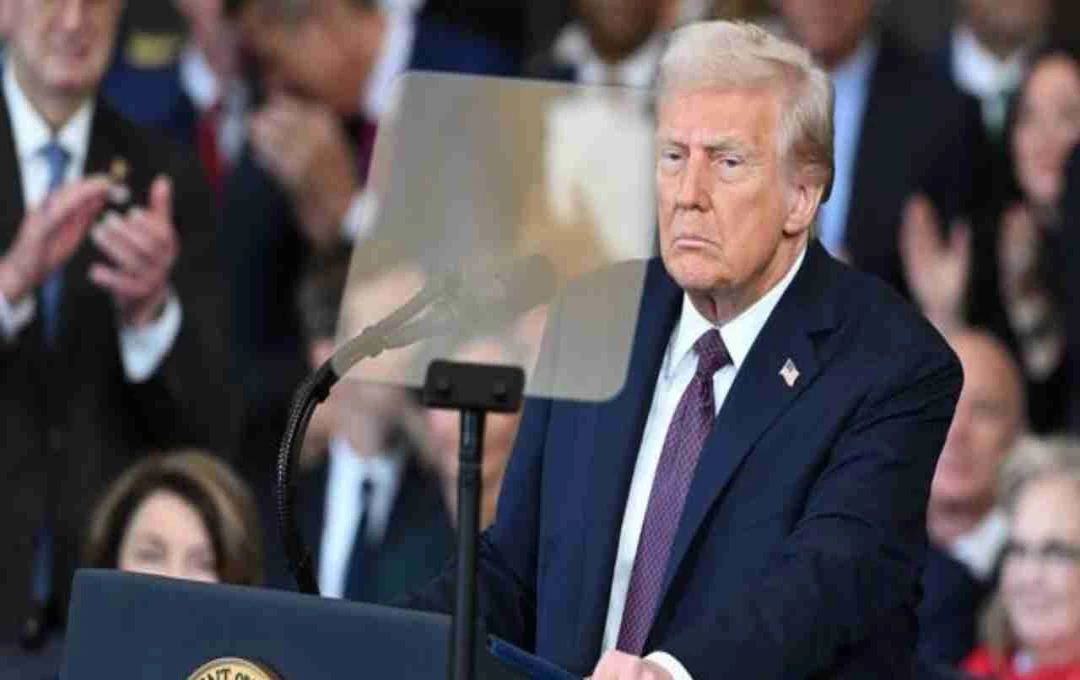John Moolnar, Chairman of China's Special Parliamentary Committee and Republican Congressman from Michigan, has written to Commerce Secretary Howard Latnik, recommending the implementation of an RTT strategy on AI chips exported to China.
Washington: The battle for technological supremacy between the United States and China has reached a new turning point. John Moolnar, Chairman of a special committee of the US Congress and a Republican Congressman from Michigan, has recommended taking stringent measures on AI (Artificial Intelligence) chip exports to China. In a letter to Commerce Secretary Howard Latnik, he proposed that a “Rolling Technical Threshold” (RTT) strategy be implemented on AI chips destined for China.
The objective of this strategy is clear: to limit China's AI computing capacity to just 10% of that of the United States, thereby maintaining America's technological lead for a prolonged period.
What is the RTT Strategy?
Under the Rolling Technical Threshold strategy, only AI chips that are marginally superior to China's domestically produced chips will be exported to China. This means the US will not grant China access to fully advanced technology. This approach will limit China's capabilities and ensure its continued reliance on American technology.

The US will ensure that China cannot independently develop AI models as advanced as those developed by the US and its allies. China's total AI computing power will be restricted to only 10% of that of the United States. US tech companies will be instructed that chips exported to China must not be more advanced than the “cutoff level”.
Why the Crackdown on China?
John Moolnar states that China's technological progress can pose a threat to the US and its allies. In his letter, he wrote that China is not only increasing its military capabilities but also sharing technology with Russia, Iran, and other adversarial nations. This poses a threat to the security of the United States and its allies.
A Deeseek report released by the parliamentary committee in April 2025 claimed that chips like the H20 from American company Nvidia proved crucial in developing China's AI model R1. This model was developed for the Chinese military and could potentially be used in AI-enabled military drones, electronic warfare systems, and autonomous weapons in the future. Moolnar warned that if China sells such drones to countries like Iran, it would present a serious challenge to the armies of the US and Israel.

AI Technology and Global Security
America's concerns are not merely economic but are also tied to security and diplomacy. AI, quantum computing, and semiconductors are no longer just commercial resources but have become the foundation of national security and global influence. According to Moolnar, if China gains access to advanced AI technology, it will utilize it for its geopolitical interests and military expansion.
China's closeness with countries like Iran and Russia, in particular, exacerbates this threat. This is not the first time that American lawmakers have expressed concerns about AI chip exports to China. Last month, John Moolnar had voiced his displeasure over Nvidia's export of H20 chips to China. He stated that China cannot manufacture such advanced chips on its own, and their export by American companies poses a threat to national security.















